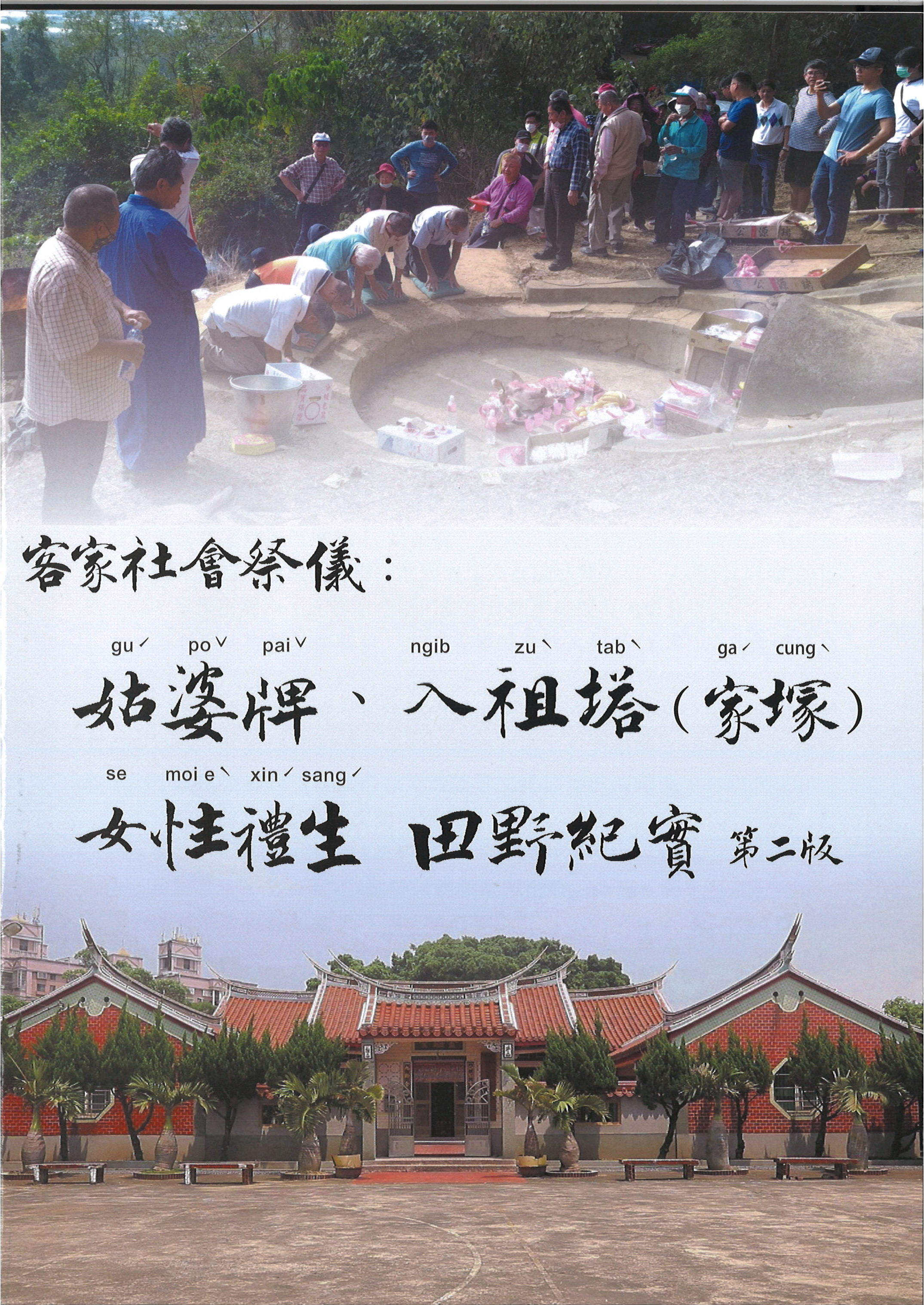
Research & Library
Hakka Rituals and Gender: Field Notes on “Gu-po Tablets,” Placement in the Ancestral Tower, and Female Ritual Assistants
- Source:客家文化發展中心
- Publication Date:2020/12/31
- Last updated:2025/11/08
- Count Views:97

Authors: Lai Yu-ching, Dai Cheng-lun , and Lo Ting-ya
Publication Date: Second Edition, December 2020
In its effort to play the role of a “forum museum,” the Hakka Cultural Development Center, Hakka Affairs Council has conducted long-term research and cultural outreach on Hakka social rituals and gender issues. Drawing upon data from cultural heritage surveys, gender studies, and grant-supported projects on social rituals since the Council’s establishment in 2004, the Center launched a new phase of research in August 2018. This phase combined data collection, interviews, field documentation, and forum-style exchanges to uncover and share touching stories from Hakka clans in northern and southern Taiwan that have initiated new practices such as the enshrinement of “Gu-po Tablets” (memorial tablets for unmarried or childless women), the inclusion of such tablets in ancestral towers (家塚, family burial shrines), and the participation of female ritual assistants (禮生).
The findings reveal that Hakka clans in different regions have developed distinct customs and interpretations of these practices, influenced by their local histories, cultural backgrounds, and ecological conditions. Such variations can be seen in the establishment of memorial tablets for unmarried or deceased women, or in their enshrinement within ancestral towers or family burial shrines.
The first version of this field documentation was published in 2018 and reprinted in 2019. This second edition builds upon the 2019 first edition (focused primarily on northern Taiwan) by incorporating new case studies and forum discussions from southern Hakka communities, thereby presenting a comparative perspective on the practices of Gu-po Tablets and ancestral tower enshrinement across northern and southern Taiwan. The publication serves as a platform for sharing the evolving experiences of Hakka families and for fostering deeper understanding of gender, ritual reform, and cultural transformation in contemporary Hakka society.
